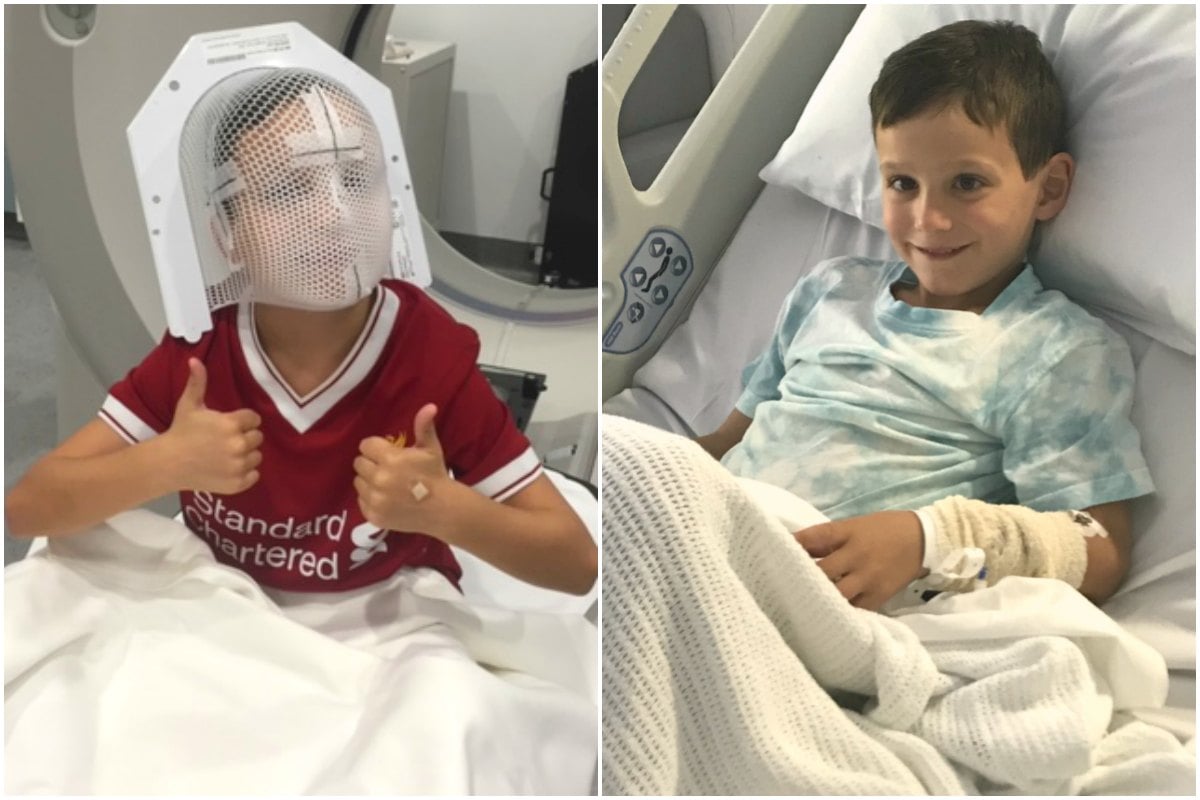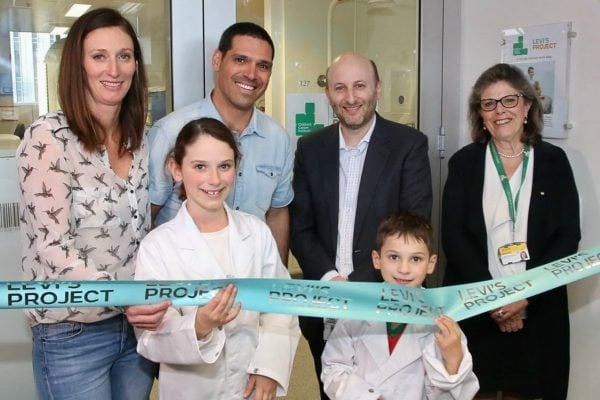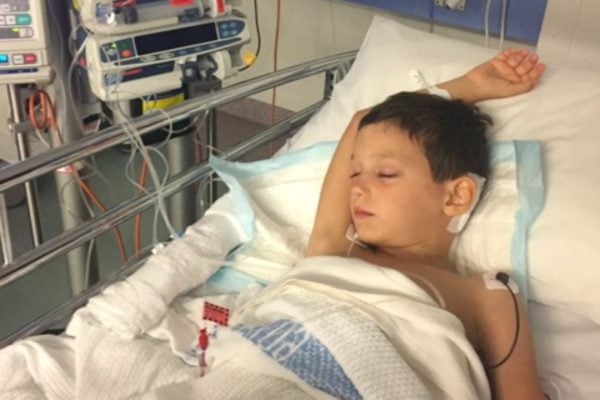
February 15 is International Childhood Cancer Day. A global collaborative campaign to raise awareness about childhood cancer, and to express support for children and adolescents with cancer, the survivors and their families.
At just seven years old, Levi Wheeler was diagnosed with the deadliest childhood cancer, diffuse intrinsic pontine glioma (DIPG). Here, Levi’s mum Kathryn reveals what’s it’s like to have a child with a terminal illness.
Doctors found a mass on Levi’s brain on December 20, 2017. Little more than a year later he would be dead, stolen by a lethal brain tumour called DIPG.
For all its ferocity, Levi’s DIPG journey began rather benignly. When his eyes appeared to go cross-eyed in the lead up to his diagnosis, we took him to a specialist who ordered an MRI.
“I am sure it will be fine,” he said, and we believed him.
The next day we were told to take Levi straight to hospital because the scans revealed something was very wrong. Within minutes we were told the mass was in a critical spot (his brain stem) and it wouldn’t be safe to operate.
Levi tells his mum he loves her, taken just before he passed away. Post continues below.
A few weeks later, after a biopsy on his tumour, we were ushered into an oncologist’s office and dealt the shattering DIPG blow. Levi had a year to live. On paper, his odds were even bleaker. Half of all children diagnosed with this type of cancer don’t make it past nine months. “So there’s no hope,” I choked to the doctor. “There’s no cure,” was his measured response. What he meant and what we couldn’t comprehend at that moment was that hope comes in many different forms, despite a fatal prognosis.



Top Comments
Kathryn, how you even found the strength to write about your family's journey with Eli, let alone actually live it, I can't even fathom. Sending the greatest of strength and love to your family. Thinking of Levi today and probably many more because of how lovingly you've shared his memory with us.